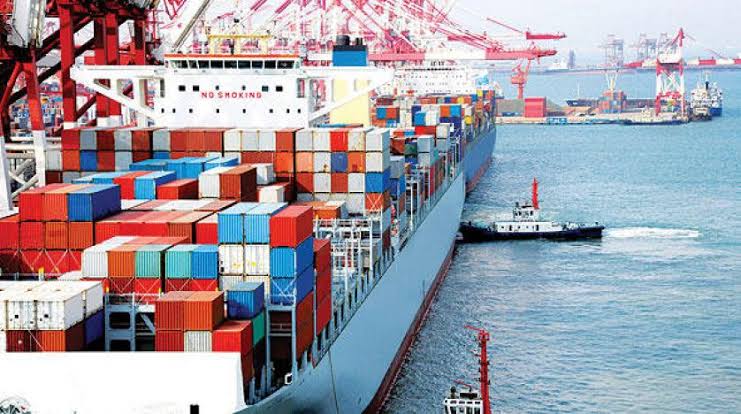By 2030, exports should be up by one-fifth, earning $145 billion, an official report said.
The report released by the cabinet outlining the government’s goals for 2024-2030, focuses on increasing exports, which will depend largely on localising more industries. Consequently, local components should make up at least 60 per cent of manufactured goods by 2030, the report said.
The state is placing emphasis on pharmaceuticals and automotive industries for their huge export potential.
The report highlights state plans for more industrial zones over the next six years, while boosting exports will bring in more foreign currency and ultimately improving living standards.
Economist Rashad Abdo told this newspaper that the government has been improving infrastructure and transport, thus enabling exporters to reduce shipping costs.
“Additionally, the government to encourage exporters with tax breaks, export finance, credit guarantees and export subsidies,” Abdo said.
“Identifying the obstacles to export development must be the starting-point and export policy must be altered in order to achieve its target,” Abdo added.
“It needs to understand in advance that imports and exports are two sides of the same coin. Facilitating imports is critical to increasing exports, and hampering imports is detrimental to exports,” he said, adding that consultations with the private sector, particularly prior to the issuance of regulations or fees that affect both exporters and importers, are necessary.
He went on to say that an integral part of export policy should be streamlining export and import procedures to attract new exporters and help expand existing ones.
Economist Medhat Nafea told The Egyptian Gazette that greater focus should be on services.
“The service sector has the potential to be a major growth driver for the country as it can create high-skilled jobs and generate significant revenues.” Nafea said.
“IT offers enormous potential with a growing pool of highly-skilled workers. By investing in research and development, education and training, Egypt can build a competitive IT and technology sector,” Nafea added.
As for exports, export promotion is job creation.
“More exports mean greater profits, which can be ploughed back into the organisation to expand production and hire more workers,” he said.
“Expanding exports can help diversify the economy. We have relied on tourism and the Suez Canal as major sources of income for so long, but these industries are vulnerable to political and social trends and developments. By expanding exports we will not need to rely so heavily on tourism of the canal to such a great extent as we do now.
“Successful export promotion directly improves Egypt’s balance of trade. By increasing the value of exports and reducing the value of imports, the country can improve its balance of trade. This is essential as a trade deficit can lead to a depletion of foreign currency reserves, making it more difficult for the country to pay for imports,” Nafea said.






Discussion about this post